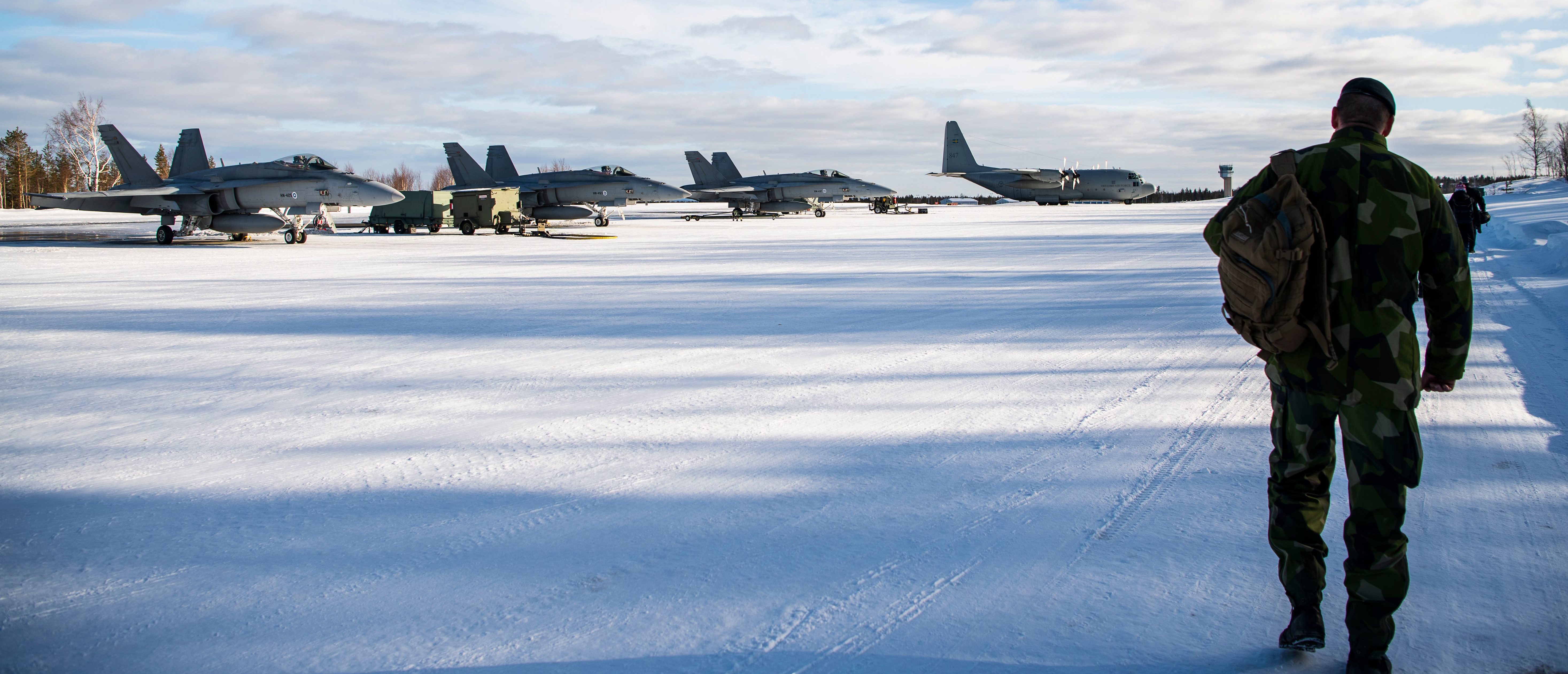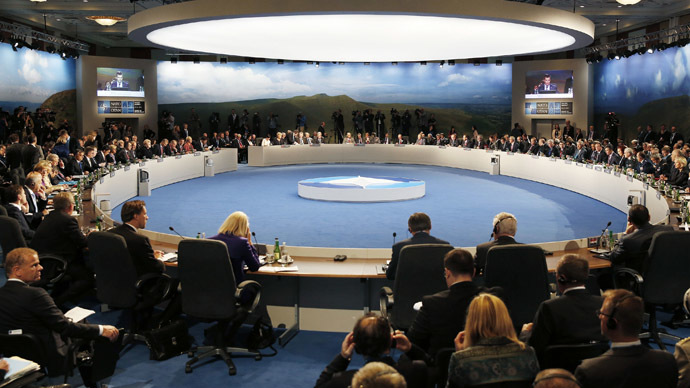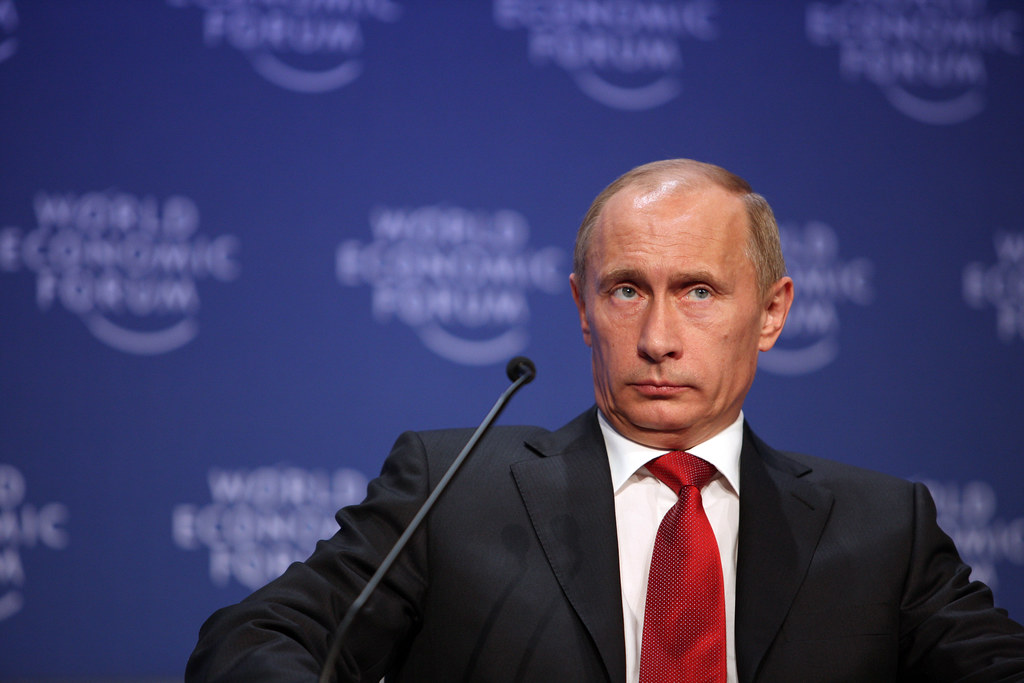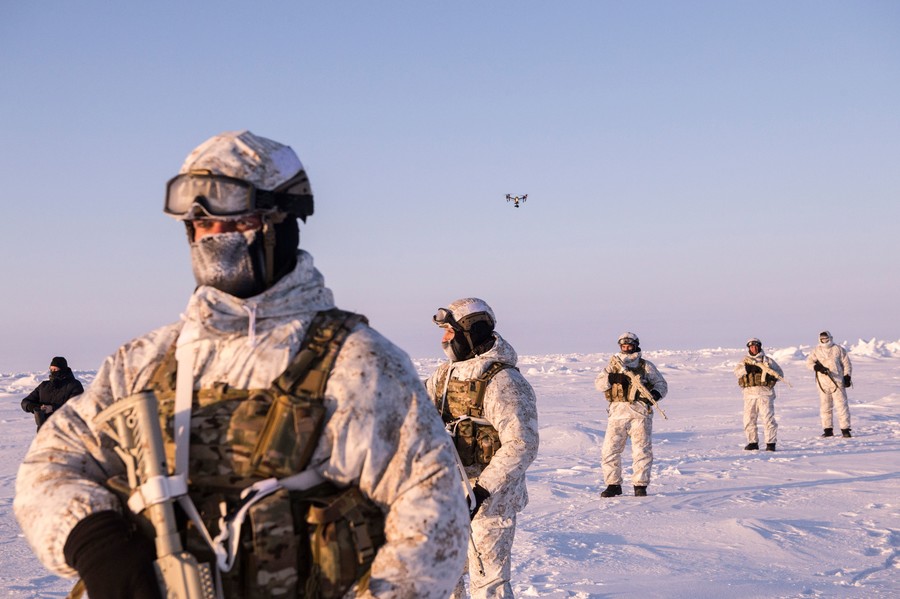Russian Envoy: NATO’s Push Into The Arctic Region May Result In An Escalation
Ambassador-at-large for the Russian Foreign Ministry Nikolay Korchunov stated that "escalation" result from NATO's accumulation in the Arctic region .

The Arctic has become an area of potential conflict due to its vast resources. As the world’s largest military alliance, NATO’s actions in the region have been seen by some as a provocation to countries with claims in the Arctic, most notably Russia. It is crucial to understand what the Russian Foreign Minister has to say about NATO’s activities in the Arctic and why it could lead to an escalation in tensions.

According to the Russian Foreign Minister, they find almost negligible signs of improvement when it comes to military security in the Arctic. The region is seeing continued NATO expansion, an increase in the size of the alliance’s military drills there, and active participation from non-Arctic member states.
Their military potential in high latitudes keeps expanding says Nikolay Korchunov a representative of the Russian Foreign Ministry, The Russian envoy stated, “At the same time, Western nations are sharpening their route towards antagonistic relations, confrontation, and promotion of their interests in the Arctic, to the cost of other nations’ interests.
Korchunov says they cannot rule out the likelihood of an escalation in this region given those conditions. Korchunov also emphasized that several strategic documents of some Arctic countries portray the Russian Federation as an adversary and a threat to their security.

THE GEO-STRATEGIC IMPORTANCE OF THE ARCTIC
The Arctic region has increasingly become important in recent years due to melting ice, rising sea levels, and improved shipping routes which have the potential to increase trade and commerce in the region. The Arctic holds an estimated 90 billion barrels of oil and 44 trillion cubic meters of gas, making it a valuable resource for energy production.
Contemporary geopolitical dynamics also contribute to heightened interest in the Arctic. In particular, Russia sees it as a way to expand its influence and power, and to counterbalance NATO’s presence in the region. Canada, Denmark, Norway, and the United States all have territorial claims in the Arctic, although they are limited to the 200-nautical-mile exclusive economic zone allowed under international law.
NATO’S PRESENCE IN THE ARCTIC
In 1949, nations from North America and Europe formed the North Atlantic Treaty Organisation (NATO) as a military alliance. Initially, its main aim was to provide a collective defense against the Soviet Union’s threat during the Cold War. Since the end of the Cold War, NATO has shifted its focus towards more peacekeeping operations and humanitarian interventions.
However, NATO’s presence in the Arctic has been increasing since Russia annexed Crimea in 2014. The organization has been strengthening its military presence and conducting military exercises in the region. In September 2020, NATO’s largest military exercise since the Cold War, which involved 31 countries including the United States, was conducted near the Russian border. This activity has been viewed by Moscow as an undue provocation given the tense relations with NATO.

RUSSIAN VIOLATIONS AND RESPONSES
Russia, which has the longest coastline in the Arctic, has been investing resources and increasing its military presence in the region since the 2000s. After it annexed Crimea in 2014, the tension between NATO and Russia increased considerably. Moscow’s military planes have sometimes performed alarming close encounters with NATO military aircraft in recent years.
In September 2020, Russia announced plans to form its own Arctic brigade by 2022, after already creating two new divisions responsible for defending the country’s northern coast. Moreover, Russia expects to upgrade and expand military infrastructure on islands and land regions above the polar circle. As part of its development of a regional economy, it has launched dozens of industrial projects there in recent years, including huge mining operations, pipelines, and ports.
The Arctic ecosystem
The potential of NATO military expansion into the Arctic could antagonize Russia and cause greater tensions between the NATO nations and Moscow. The Arctic is also one of the world’s most environmentally sensitive regions, with fragile ecosystems compromised by oil and gas exploration and greenhouse gas emissions emanating from military and commercial activities in the area.

NATO’s growing presence in the Arctic has heightened tensions with Russia and therefore poses a risk to regional stability. Russia’s territorial claims and the large reserves of natural resources have made the Arctic an increasingly important region leading to a possible conflict.
The escalation in activity is not limited to Russia, other Arctic countries are investing and strengthening their military forces in the region. NATO needs to find practical solutions to reducing tensions including increased communication and dialogue with Russia, avoiding confrontational rhetoric, and looking for agreement on issues such as freedom of navigation and rules of engagement.
Ultimately, it is in the best interest of all countries to maintain stability and mutual cooperation within the Arctic region. It is no longer a matter of who owns the vast quantities of resources, rather it’s about how these countries can protect the environment and explore methods for joint economic development that avoids detrimental impacts on the ecological system. Sustainable cooperation is essential for peace and stability in the Arctic region.
Proofread & Published by Naveenika Chauhan




